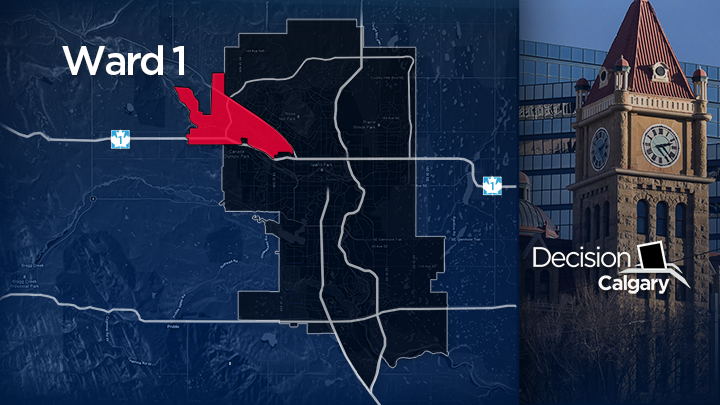Monday’s lacklustre and sometimes bizarre mayoral forum punctuated the fact that Mayor Naheed Nenshi will be easily re-elected. The only question is how high of an endorsement will he receive from the public.

The interesting part of the 2013 Calgary election is, therefore, not the mayor’s race, but in the various ward races. A close examination of the most competitive ward races also reveals that 2013 will be known as the rematch election. This is because in several wards, it is the same incumbents versus the same key challengers.
The two most exciting races involving incumbents are in Wards 7 and 11 where Druh Farrell and Brian Pincott, the two most leftwing councillors, who have often been lightning rods for controversy whether the issue was the peace bridge, fluoridation, traffic, taxes, or spending. They were also the two singled out for defeat in the secret Cal Wenzel tape to the home builders. In 2010, Farrell beat Kevin Taylor by only 1,252 votes and Pincott beat James Maxim by only 1,449. Both Taylor and Maxim seemed to have launched their election campaigns immediately after their loss in 2010 by raising money, raising their profile, and undergoing political training.
While these are the most high profile rematches, other wards offer the same dynamic. In Ward 4, Gael MacLeod beat Sean Chu in 2010 by 1,288 votes. The 2010 election did not involve an incumbent so there were 11 candidates. This time it is a more head-to-head matchup between MacLeod and Chu as there are only three other candidates running.
Even in the open wards (those without an incumbent), there are aspects of the rematch phenomena as both of the second place finishers in 2010 are the leading contenders in 2013. In Ward 1, Chris Harper lost to long-time councillor Dale Hodges by 5,022, but this time is in a very tight race with Ward Sutherland. In a sense, this is a proxy rematch, because Sutherland is a Hodges’ protégé who was also publicly endorsed by the former councillor. In Ward 2, Joe Magliocca, who lost narrowly to Gord Lowe in 2010 by 1,022 votes, looks poised to win in 2013 because Lowe has retired.
Ward 6 is even more fascinating because Richard Pootmans and Joe Connelly have never run against each other, but are both campaigning as the incumbent in the ward. Pootmans is the sitting councillor, having won the ward in 2010. However, Connelly was councillor in Ward 6 between 2007-2010 and with his “promised-delivered” road signs is clearly campaigning as the incumbent (he had resigned his council seat in 2010 in an unsuccessful run for the mayor’s job). Therefore, voters in Ward 6 get a choice of not one, but two incumbents!
What explains this rematch phenomenon? First, name recognition, which is critical in a municipal election, takes time to build, often over multiple election cycles. Second, most candidates live or work in the ward they are running in, so it makes sense that there would be rematches. Finally, there are plenty of examples of candidates ultimately becoming successful after multiple losing campaigns. For example, current councillors Diane Colley-Urquhart, Jim Stevenson, Andre Chabot, and Brian Pincott all lost elections before prevailing.




Comments